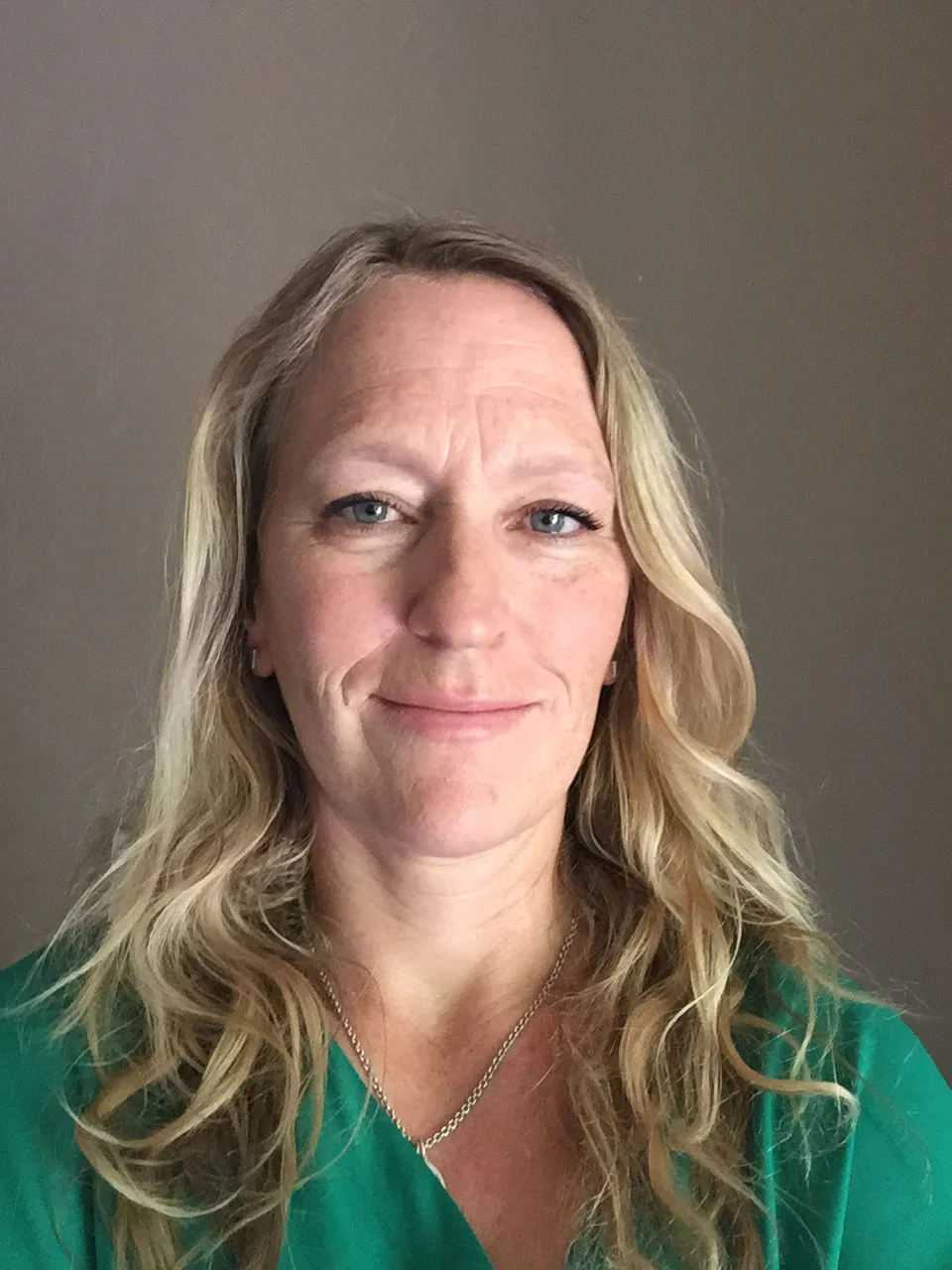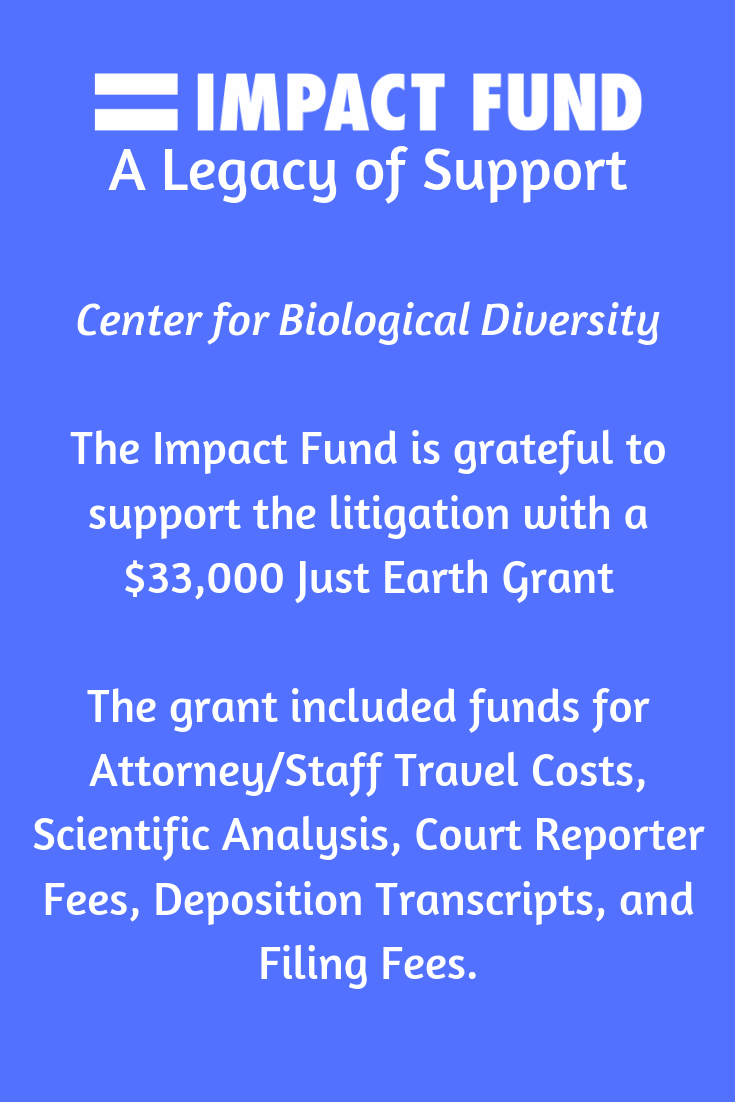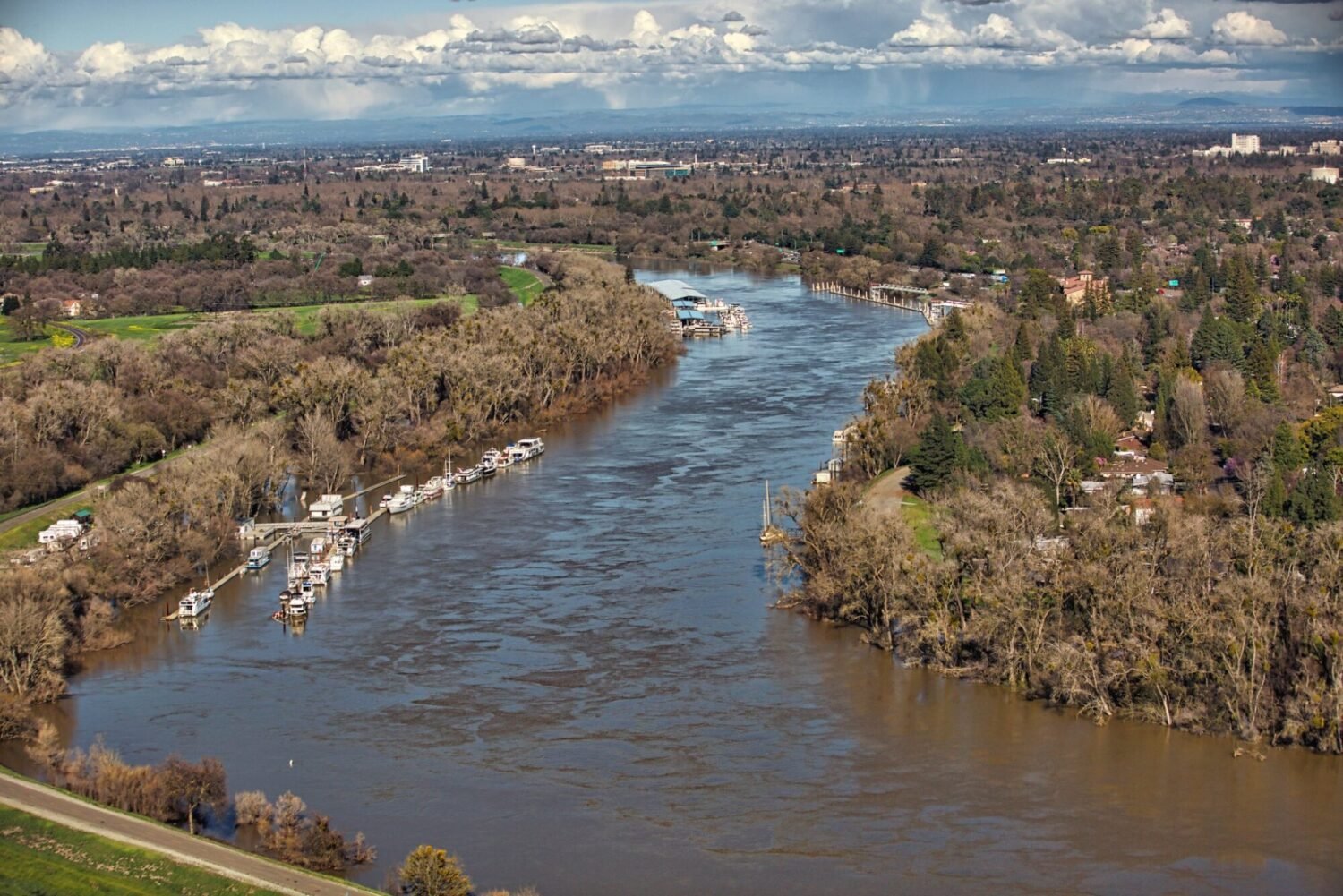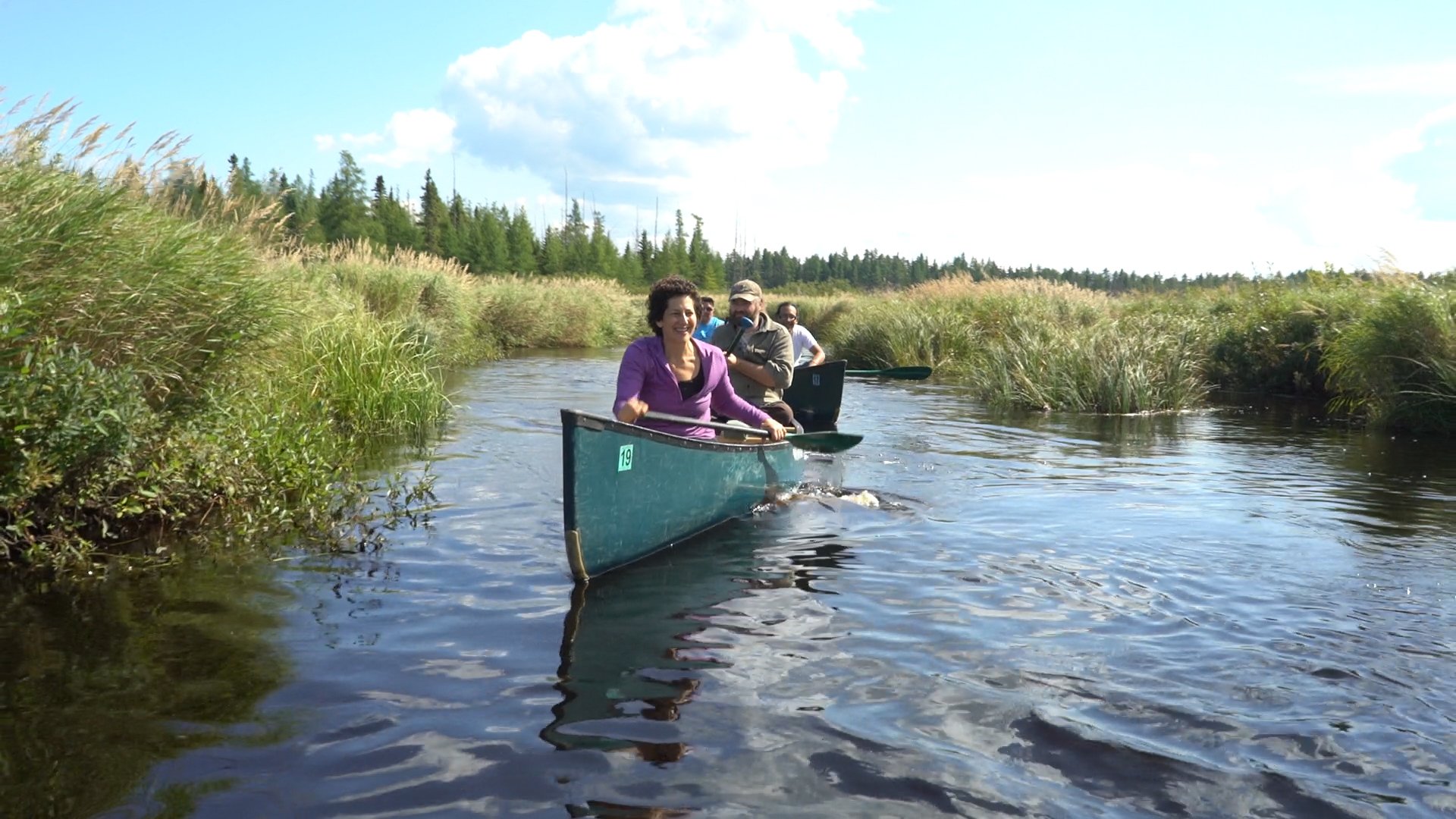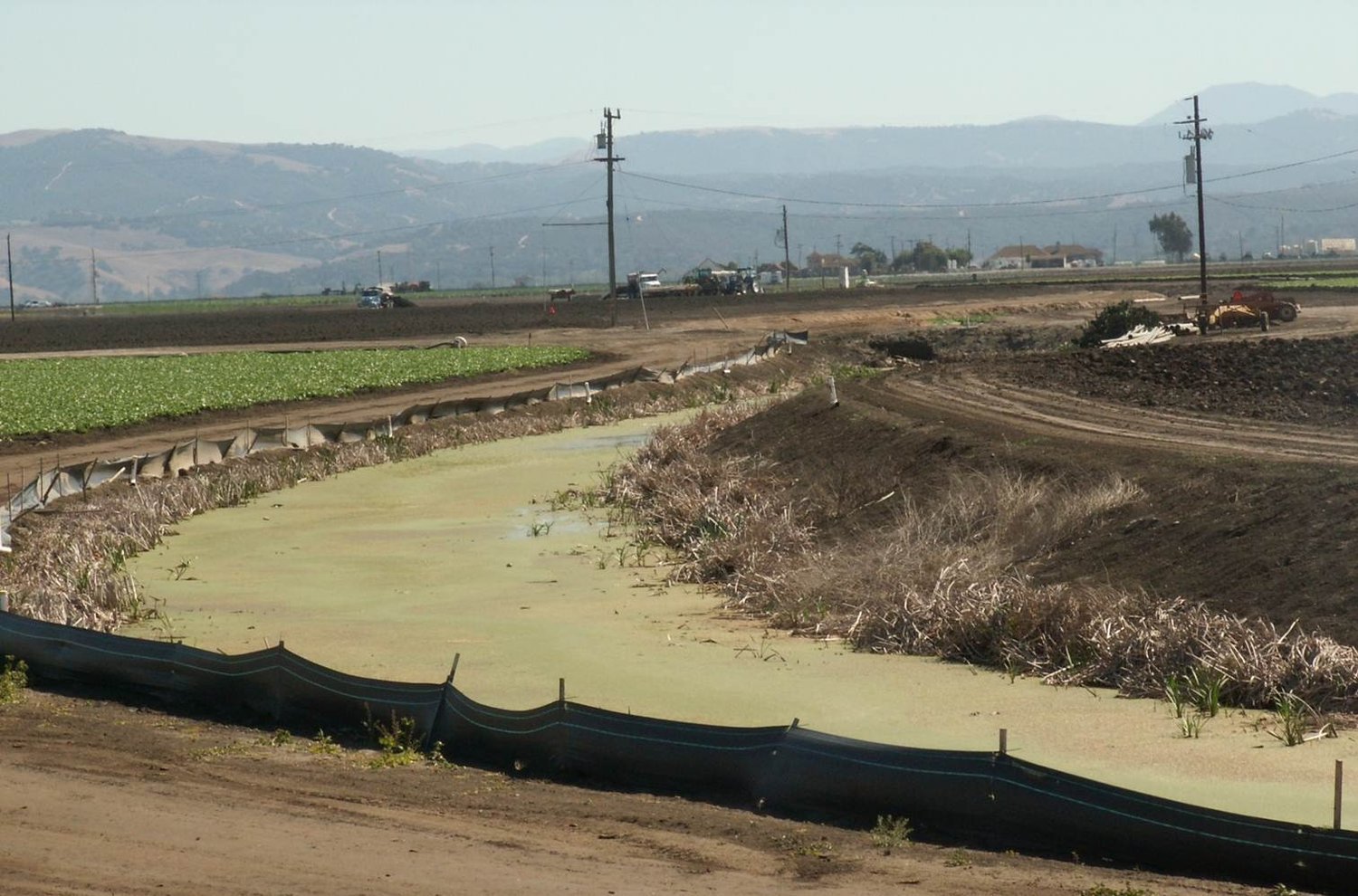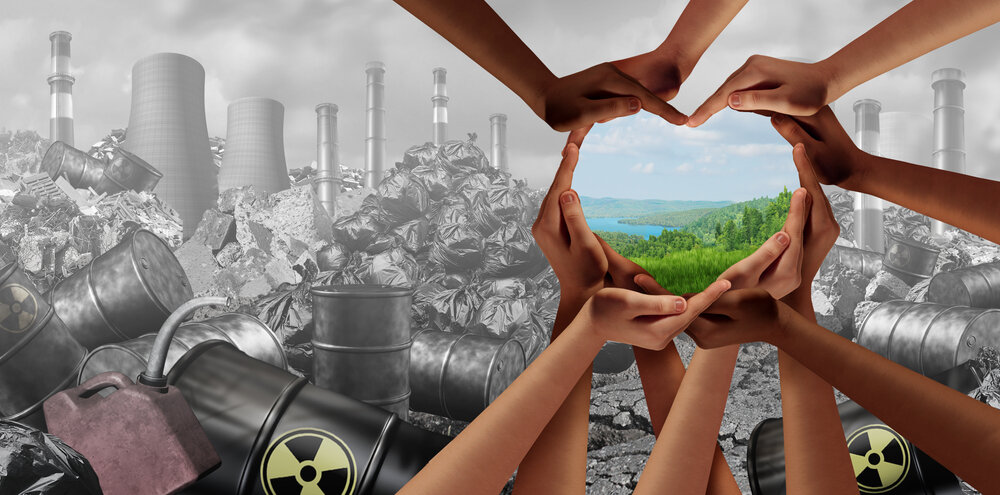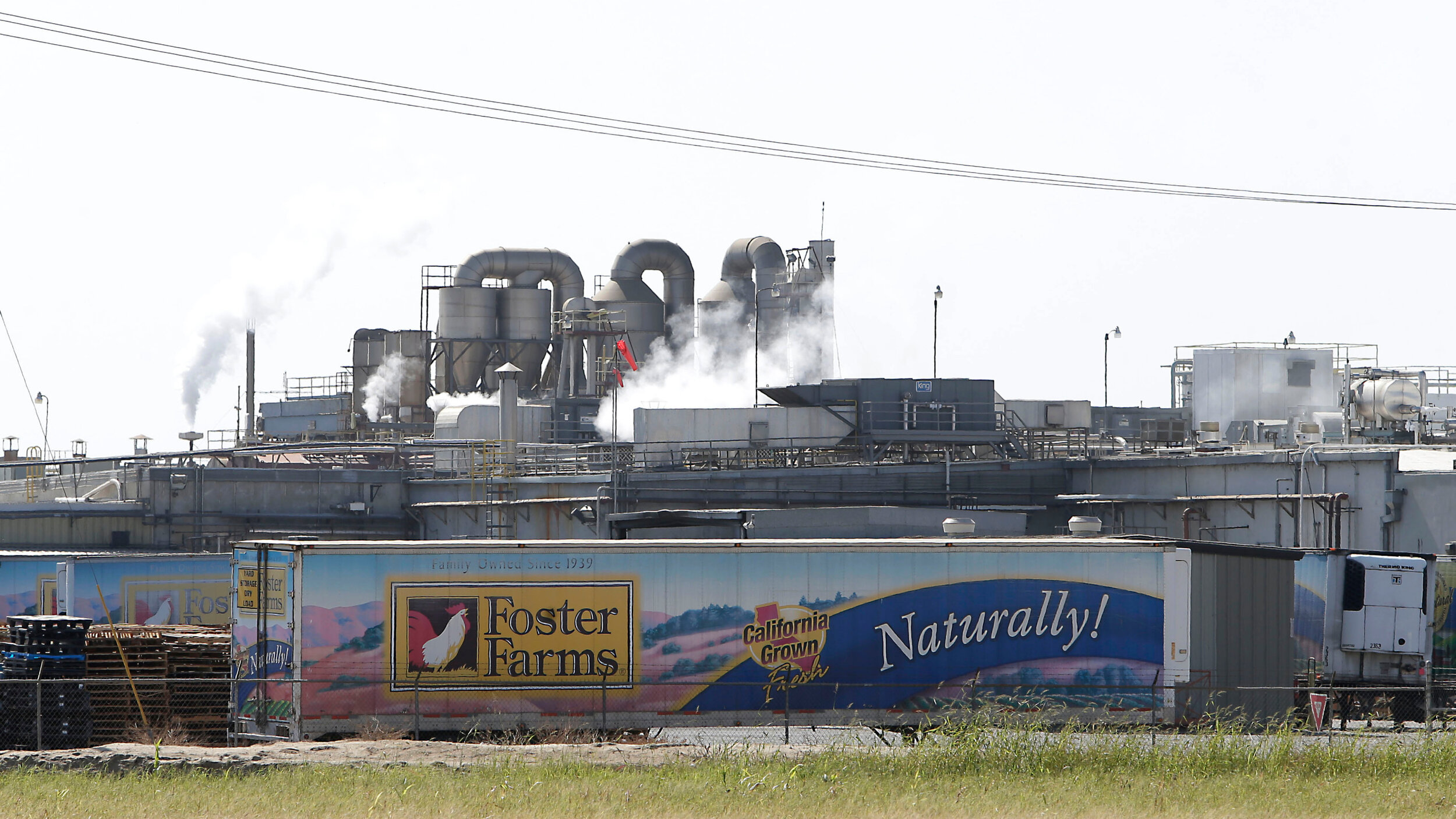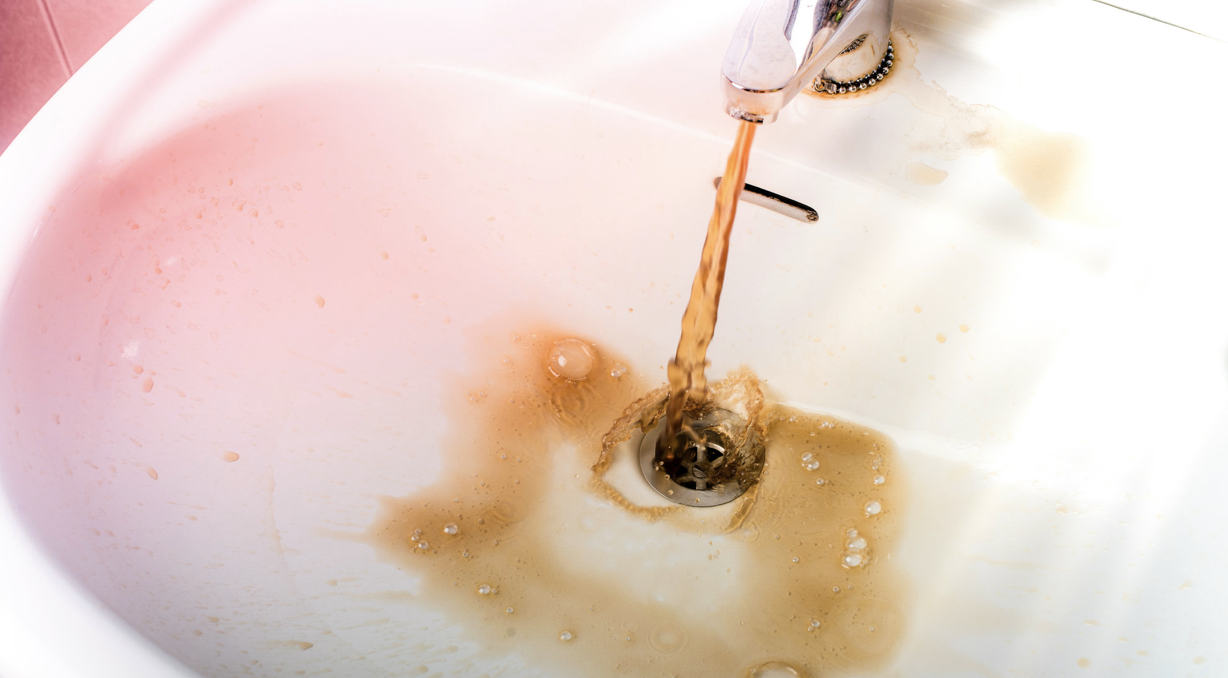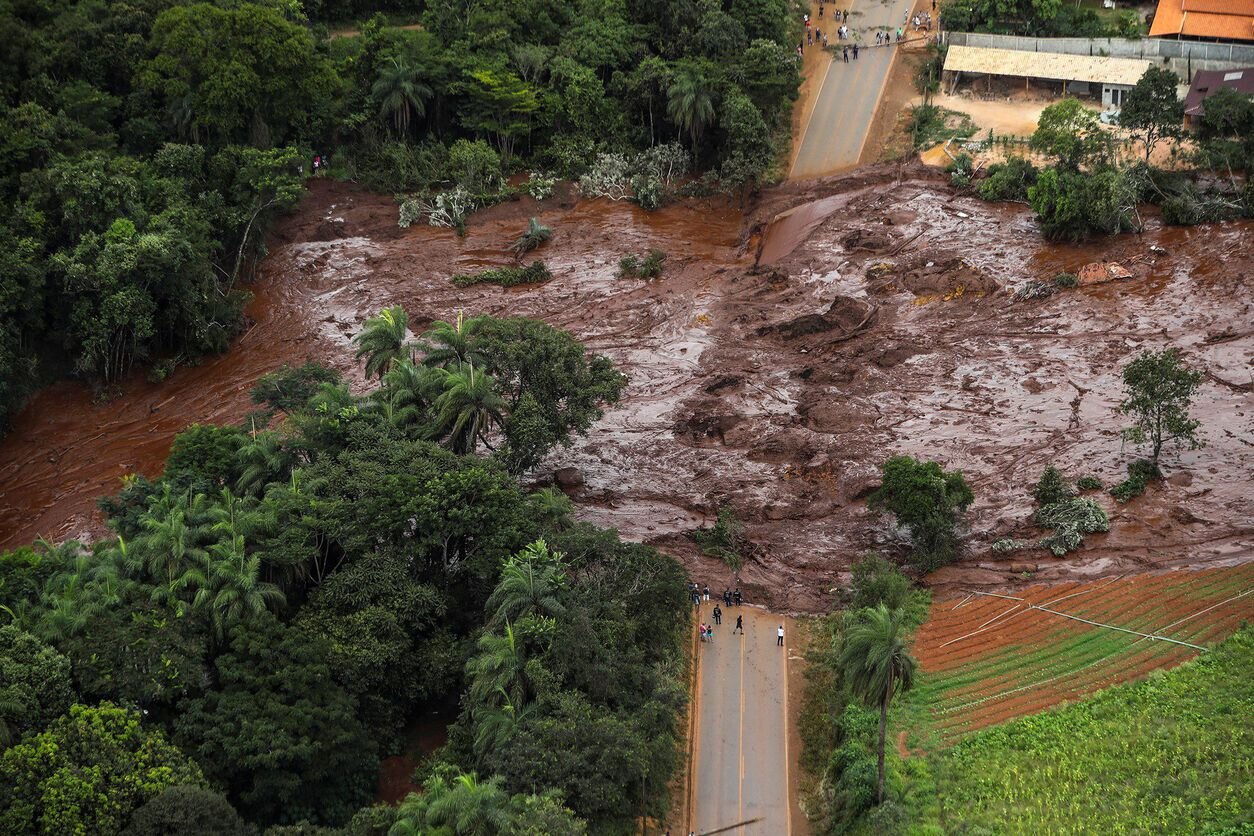Plastic or People? Protecting the Gulf Coast From the Fossil Fuel Industry Helps the Whole Planet
Julie Teel Simmonds, Senior Attorney - Center for Biological Diversity
The Gulf Coast is the epicenter of struggles to protect people, wildlife and our planet from the ravages of the fossil fuel industry. Communities on the front lines of the climate emergency have long fought offshore drilling there, but the new fight focuses on the plastic production boom and resulting pollution, including from “serial offender” Formosa Plastics.
The Gulf of Mexico accounts for more than 99 percent of U.S. offshore oil and gas production. Its ecology and economy were devastated by the worst oil spill in U.S. history after the BP Deepwater Horizon oil rig exploded in 2010. But the Gulf has suffered countless other oil spills that caused major damage without attracting big headlines.
Refineries and petrochemical plants that process fossil fuels are hurting poor communities and communities of color along the Gulf Coast, including southern Louisiana’s notorious Cancer Alley. And that environmental racism is only getting worse, as Formosa’s decision to target St. James Parish for its next massive plastic facility shows.
Serial Offender, Formosa Plastics, wants to dump more pollution into Gulf Coast communities.
We at the Center for Biological Diversity have protested, marched and been arrested alongside grassroots organizers in Louisiana campaigning to stop federal fossil fuel leasing, even before the Administration more recently doubled down on oil production.
We’ve never felt a greater sense of urgency than we do today. Despite the plastic pollution accumulating in our oceans and the breakdown of the global plastic recycling system, the industry plans to increase U.S. plastic production by 40 percent over the next decade.
That isn’t driven by consumer demand but by the country’s oversupply of fracked natural gas, which can easily and cheaply be converted into plastic pellets.
Grassroots organizers in Louisiana’s Cancer Alley have had enough!
But for the folks on the ground in these frontline communities – people like Sharon Lavigne with Rise St. James, Anne Rolfes with Louisiana Bucket Brigade and Diane Wilson with San Antonio Bay Estuarine Waterkeeper – the threats are even more immediate and personal.
Lavigne has already lost family members to diseases related to industrial pollution and is determined to stop Formosa’s latest assault. The Center for Biological Diversity and other regional and national groups are supporting her communities’ effort to do so by monitoring state and federal permits issued to Formosa. We are poised to issue legal challenges to these permits where necessary.
Wilson has waged a years-long fight to expose and stop Formosa’s discharge of billions of plastic pellets into Texas waterways. And Rolfes is helping expose the environmental racism and bureaucratic chicanery that invited Formosa into St. James Parish.
These three women have inspired us to go beyond our big picture concerns about climate change, ocean plastic pollution, and the harm offshore drilling does to marine life and coastal ecosystems. All those issues are wrapped into the petrochemical pollution that permeates their homes and communities.
They’re all entwined with the big, ugly struggle of our time: our addiction to fossil fuels and all the damage that has already wrought and promises to bring. It’s easy to connect the oily dots.
Ocean plastic pollution is expected to outweigh all the fish in the world’s oceans by 2050. And the world’s top climate scientists say we have less than 12 years to greatly reduce our fossil fuel dependence before we lock in dangerous climate chaos.
Billions of plastic pellets have already been discharged into Texas waterways by Formosa.
The whole process is energy-intensive and will increasingly become a major driver of carbon emissions and global warming in the coming years. Communities will become more polluted and climate change will accelerate just to create more throwaway plastic that will litter our oceans, landscapes and landfills.
It’s a huge problem -- but it can and must be fixed. If you agree, we hope you’ll join our struggle to #StopFormosa, #EndOffshoreDrilling, and protect people and wildlife from the ravages of the fossil fuel industry.
As first steps, tell the Governor of Louisiana to withdraw his support for Formosa and demand the U.S. Environmental Protection Agency stop letting the plastic industry foul our waters under decades-old Clean Water Act standards.

